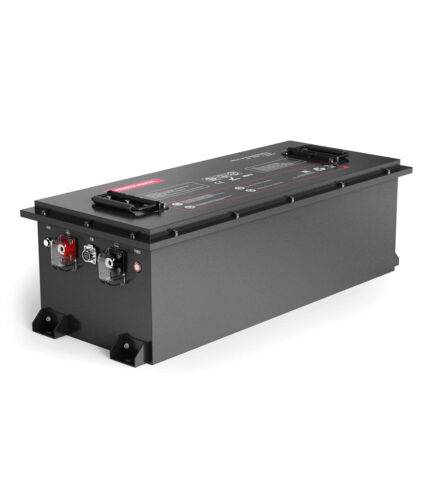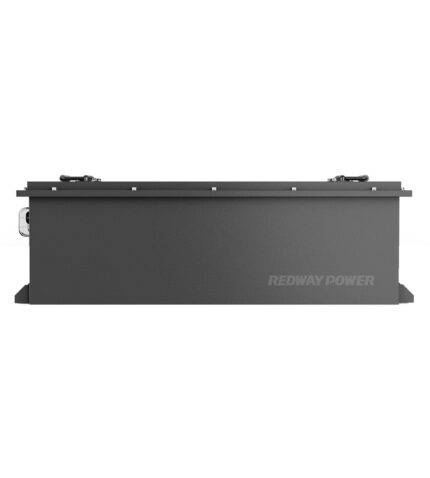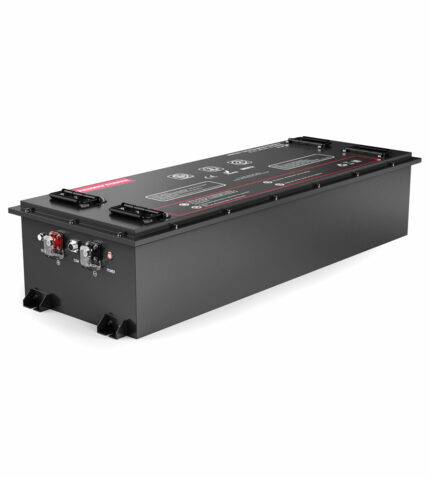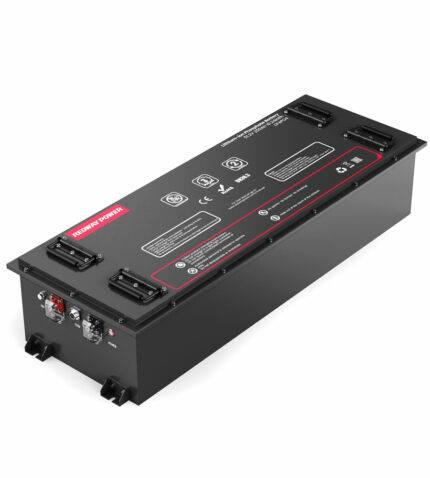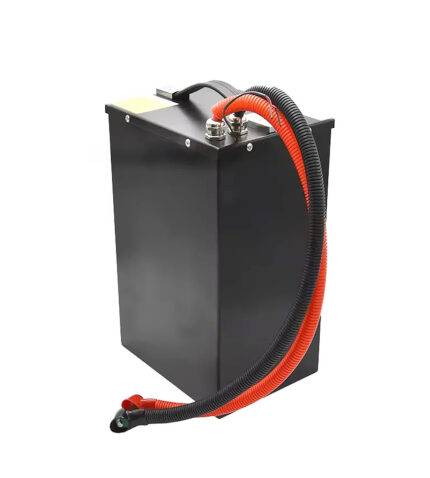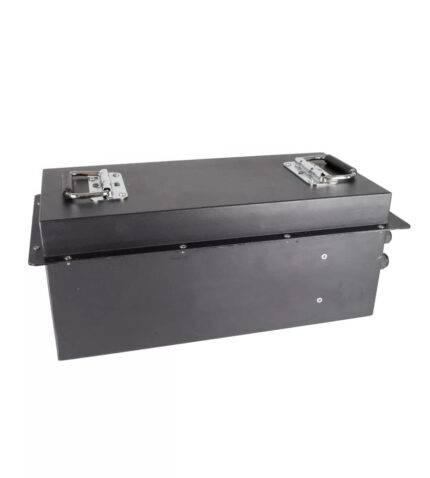Redway Power is a distinguished manufacturer wholesaler, specializing in premium 72V LiFePO4 lithium batteries (for Electric Scooter, Electric-Rickshaw, Electric-Trishaw, Golf Carts, Sightseeing Car, Club Car, LSV Car, EZGO, TOYOTA Electric Forklift, AGV, AMR, Towing Tractor Truck, Electric Pallet Truck, Solar ESS, etc). Renowned for reliability and performance, their batteries meet diverse industrial demands. With a focus on wholesale distribution, Redway Power provides efficient and sustainable power storage solutions, ensuring customer satisfaction and industry-leading standards.
- Home
- Products
- Rack-mounted Lithium Battery
- Golf Cart Lithium Battery
-
Golf Cart Lithium Battery
- 36V 50Ah (for Golf Carts)
- 36V 80Ah (for Golf Carts)
- 36V 100Ah (for Golf Carts)
- 48V 50Ah (for Golf Carts)
- 48V 100Ah (Discharge 100A for Golf Carts)
- 48V 100Ah (Discharge 150A for Golf Carts)
- 48V 100Ah (Discharge 200A for Golf Carts)
- 48V 120Ah (for Golf Carts)
- 48V 150Ah (for Golf Carts)
- 48V 160Ah (Discharge 100A for Golf Carts)
- 48V 160Ah (Discharge 160A for Golf Carts)
-
Golf Cart Lithium Battery
- Forklift Lithium Battery
- 12V Lithium Battery
RV / Marine Boat / 12V 100Ah LiFePO4 Battery
Group 24, Fully certified and one of our best sellers.
- 24V Lithium Battery
RV / Marine Boat / 12V 100Ah LiFePO4 Battery
Group 24, Fully certified and one of our best sellers.
- 36V Lithium Battery
RV / Marine Boat / 12V 100Ah LiFePO4 Battery
Group 24, Fully certified and one of our best sellers.
- 48V Lithium Battery
-
48V LiFePO4 Battery
- 48V 50Ah
- 48V 50Ah (for Golf Carts)
- 48V 60Ah (8D)
- 48V 100Ah (8D)
- 48V 100Ah
- 48V 100Ah (Discharge 100A for Golf Carts)
- 48V 100Ah (Discharge 150A for Golf Carts)
- 48V 100Ah (Discharge 200A for Golf Carts)
- 48V 150Ah (for Golf Carts)
- 48V 160Ah (Discharge 100A for Golf Carts)
- 48V 160Ah (Discharge 160A for Golf Carts)
RV / Marine Boat / 12V 100Ah LiFePO4 Battery
Group 24, Fully certified and one of our best sellers.
-
48V LiFePO4 Battery
- 60V Lithium Battery
-
60V LiFePO4 Battery
- 60V 20Ah
- 60V 30Ah
- 60V 50Ah
- 60V 50Ah (Small Size / Side Terminal)
- 60V 100Ah (for Electric Motocycle, Electric Scooter, LSV, AGV)
- 60V 100Ah (for Forklift, AGV, Electric Scooter, Sweeper)
- 60V 150Ah (E-Motocycle / E-Scooter / E-Tricycle / Tour LSV)
- 60V 200Ah (for Forklift, AGV, Electric Scooter, Sweeper)
RV / Marine Boat / 12V 100Ah LiFePO4 Battery
Group 24, Fully certified and one of our best sellers.
-
60V LiFePO4 Battery
- 72V~96V Lithium Battery
RV / Marine Boat / 12V 100Ah LiFePO4 Battery
Group 24, Fully certified and one of our best sellers.
- E-Bike Battery
RV / Marine Boat / 12V 100Ah LiFePO4 Battery
Group 24, Fully certified and one of our best sellers.
- All-in-One Home-ESS
RV / Marine Boat / 12V 100Ah LiFePO4 Battery
Group 24, Fully certified and one of our best sellers.
- Wall-mount Battery ESS
-
Home-ESS Lithium Battery PowerWall
- 24V 100Ah 2.4kWh PW24100-S PowerWall
- 48V 50Ah 2.4kWh PW4850-S PowerWall
- 48V 50Ah 2.56kWh PW5150-S PowerWall
- 48V 100Ah 5.12kWh PW51100-F PowerWall (IP65)
- 48V 100Ah 5.12kWh PW51100-S PowerWall
- 48V 100Ah 5.12kWh PW51100-H PowerWall
- 48V 200Ah 10kWh PW51200-H PowerWall
- 48V 300Ah 15kWh PW51300-H PowerWall
RV / Marine Boat / 12V 100Ah LiFePO4 Battery
Group 24, Fully certified and one of our best sellers.
-
Home-ESS Lithium Battery PowerWall
- Portable Power Stations
- Rack-mounted Lithium Battery
- Hot Deals
- Solutions
- Energy Storage Batteries
- Energy Storage Batteries
- Emergency Light Batteries
- Flashlight Batteries
- LifePO4 Power Trolley
- Heated Apparel Battery
- High Voltage Solar Storage Batteries
- Home ESS
- Marine Batteries
- Portable Power Station
- Power Storage Wall
- Rack Mounted Lithium Batteries
- RV Batteries
- Solar Light Batteries
- UPS Lithium Batteries
- Vape Batteries
- Industrial Batteries
- Transportation Batteries
- 12V~100V Lithium Batteries
- Portable Power Banks
- Energy Storage Batteries
- About us
- OEM/ODM
- Blog
- Contact us




